
The Free Press

There are no cameras allowed inside Ghislaine Maxwell’s trial, but that hasn’t stopped me from poring over every sketch of the courtroom scene, and analyzing each kernel of evidence that emerges.
Meanwhile, there are a lot of people on trial for alleged wire fraud and a lot of scammers in Silicon Valley. None of them are as interesting to me as Elizabeth Holmes.
Bad women are just more fun to watch.
Below is an essay by a woman so captivating that she became world-famous for a crime she didn’t commit.
Surely you remember the name Amanda Knox. She was the beautiful, young American studying abroad in Perugia, Italy, who was accused of a heinous crime: murdering her roommate during a drug-filled orgy that had gone off the rails.
The killer was, in fact, a man named Rudy Guede—an immigrant from the Ivory Coast who had been arrested a week earlier in Milan for burglarizing a school. But it was Amanda Knox who spent four years in prison for the rape and murder he committed. And it is Amanda Knox who still comes to mind when anyone thinks of the bloody scene.
Few people have thought longer and deeper about female villains—and why we can’t seem to look away from them—than she has.
It’s been ten years since Knox’s name was cleared. She’s married now, and she recently became a mother. Knox is also the author of “Waiting to Be Heard” and the co-host of the podcast Labyrinths. If you missed her on Joe Rogan, I highly recommend it. — BW
It’s not every day that a prominent man accused of heinous wrongdoing is put on trial while the world sits captivated. It’s even rarer when that person is a woman. Right now, there are two of them—Elizabeth Holmes and Ghislaine Maxwell—and it’s giving me flashbacks.
“Ever since Eve was tempting Adam with the apple, women have been blamed for the bad behavior of men,” Maxwell’s lawyer said in opening arguments, not-so-subtly positioning her as Jeffrey Epstein’s first victim. Maxwell faces up to 70 years on sex-trafficking charges for allegedly facilitating sexual encounters between underage girls and the now-dead financier. The thrust of her defense is that she’s actually the scapegoat for Epstein’s crimes.
Meanwhile, across the country, former girlboss extraordinaire Elizabeth Holmes stands accused of perpetrating a multi-million-dollar wire-fraud scheme by misleading investors in her now defunct blood-testing company, Theranos. She faces up to 20 years in prison and potentially millions in fines and restitution. Holmes is not contesting the fraud charges, but rather arguing that she shouldn’t be held accountable because she was under the coercive control of Ramesh “Sunny” Balwani, the former president and COO of Theranos—and her longtime boyfriend.
When it comes to being held accountable for the crimes of men, and being manipulated by other, powerful men within a system and situation wildly out of your control . . . hi, my name is Amanda Knox.
In 2007, I was a naive 20-year-old from Seattle, excited to be studying abroad in Perugia, Italy. Just over a month into my stay, a local burglar named Rudy Guede broke into the apartment I shared with two Italian law students and a young British woman named Meredith Kercher, who was the only one of us home that night. Guede raped and killed her, leaving his fingerprints and footprints in her blood, his DNA inside her body, and immediately fled the country.
But none of that was evident the day after the murder. It was a small town, shocked by a horrible crime, and the local police felt immense pressure to arrest a suspect. That suspect was me.
Based on no physical evidence whatsoever, the police singled me out on a hunch. Then, led by confirmation bias, they magnified and stripped out of context any small behaviors of mine that could be framed as strange or off—and summarily ignored anything that was normal. Bit by bit, they began crafting a fictional character, which they fed to the tabloid media: “Foxy Knoxy,” the maneater, the ice queen, the drug-addled whore who’d orchestrated a deadly sex game.
I was jealous of Meredith’s purity, the story went, and so I bewitched my romantic fling of five days, Raffaele Sollecito, and a man whose name I didn’t even know, Guede, into raping and killing my roommate on my behalf.
That character was convicted and sentenced to 26 years in prison. But it was me who sat in that cell for 1,428 days, until my successful appeal.
The day I was acquitted for the murder of Meredith Kercher, in October 2011, a mob outside the courthouse chanted Vergogna! Shame! Shame, in other words, that I wasn’t held accountable for a crime committed by a man I barely knew.
The city of Perugia—and much of the world—wanted me to be guilty in part because they’d swallowed a lie so obviously absurd that the fact that anyone believed it calls out for explanation. A woman is raped and murdered (a crime almost always committed by a man, and, one would think, a crime that requires a penis) and yet a woman is responsible? Her method: the Machiavellian coercion of two men by way of her feminine wiles.
This concocted story was painfully ironic given that the reason I ended up on trial was because I myself was the victim of intense coercion by truly powerful men.
The most terrifying experience of my life was not that first guilty verdict. Nor was it any of the many traumatizing days I spent in prison. It was the interrogation that led to my arrest.
Over the five days after Meredith’s murder, the police questioned me for 53 hours, without a lawyer, and in a foreign language I barely understood. I was alone, 6,000 miles from home, and I was still grappling with the sudden loss of my new friend. And I wanted my mom.
She tried calling me repeatedly that final night—my phone was ringing on the table, inches from where I was sitting. But the police wouldn't let me answer it. They knew, as did I, that she was coming to my aid, and soon I wouldn’t be so vulnerable. That final night of interrogation, they conveniently turned off the recording devices and then proceeded to break me. They told me I had amnesia, that I would never see my family again if I didn’t “remember the truth.” They slapped me, they prompted me into confused and incoherent speculation. In the end, I signed statements authored and typed up by the police—statements that implicated myself and others in the crime. As soon as I was released from the pressure cooker of that room, I recanted. But they ignored me. “Your real memory will return,” they said, and they brought me to a prison cell.
Most people have so much trouble imagining what it’s like to be psychologically coerced into acting against their will that they deny the possibility. Innocent people don’t confess isn’t just a law enforcement refrain; it’s also a psychological barrier that makes it difficult for victims of such coercion to be understood by the public and by juries. To this day, many people still fault me for signing those statements. I blamed myself for many years, until a false confessions expert, Dr. Saul Kassin, showed me his research, and I realized that my coercive interrogation and resulting false admission was textbook. The Innocence Project has documented how surprisingly common this is.
All of this is to say that I know very well what it’s like to be scapegoated for a man’s crimes and to be a victim of true coercion. If there is anyone who can empathize—and sympathize—with these two women, it’s me.
But even for me, it’s not easy. If Epstein were still alive—if the chief culprit were still around for us to hate—there’s no doubt Maxwell’d be subject to much less vitriol. But she’s been charged with her own crimes, not Epstein’s, and the evidence against her is pretty damning. The alleged victims claim that she didn’t just go along with Epstein’s innumerable deceptions, but that she was an active participant in finding and grooming his victims.
Holmes has painted herself as a victim of Stockholm syndrome. She’s asking us to believe that, very gradually, over many years, Balwani brought her under his spell. That’s possible. Even though Holmes was, until recently, a celebrated, feminist icon, it is conceivable that Balwani did bring her under his spell. But in this he-said-she-said situation, the question is: Will the jury believe her?
The nature of the two women’s crimes are different, but the accusations that have been lodged against them—and the defense they’ve mustered in response to those accusations—are similar. Both are accused of deception, manipulation, and exploitation. Both are said to be Lady Macbeth. And both insist that it is the men in their lives that are the real criminals.
The presumption of innocence is one of the most important values a society can hold, as is due process, so I’m glad these women are getting their day in court. But I can’t help but balk at their defense strategies, which seem like a refusal to be held accountable. While it’s true that even powerful women can yet remain subservient to powerful men, we shouldn’t forget that the most vulnerable people in these equations are not Maxwell and Holmes, but the victims they are trying to brush aside or discredit. In Holmes’ case, it wasn’t just defrauded investors; the faulty Theranos blood tests gave one patient a false cancer diagnosis, and led a pregnant woman to believe she’d miscarried. And #MeToo hasn’t stopped Maxwell from resorting to an age-old tactic as her defense tries to shred the credibility of the victims who were groomed as teenagers to be abused by Epstein.
It would be a lot easier to buy the claims of coercion and scapegoating from both women if they themselves expressed remorse to those directly harmed by their actions. Whether they are truly scapegoats, or whether they are using those men to diminish their own culpability, is a question that will be settled by each jury soon.
As for me, I have to live with the fact that for the rest of my life, people I do not know—and who I have no power to convince—believe that I murdered my friend. There’s nothing quite like the high of hating and punishing women accused of terrible crimes. This fact is reason enough to be careful when we want to see them burn.
If you missed our latest Honestly episode, which is about Jussie Smollett—and the history of hate crime hoaxes in America—give it a listen:




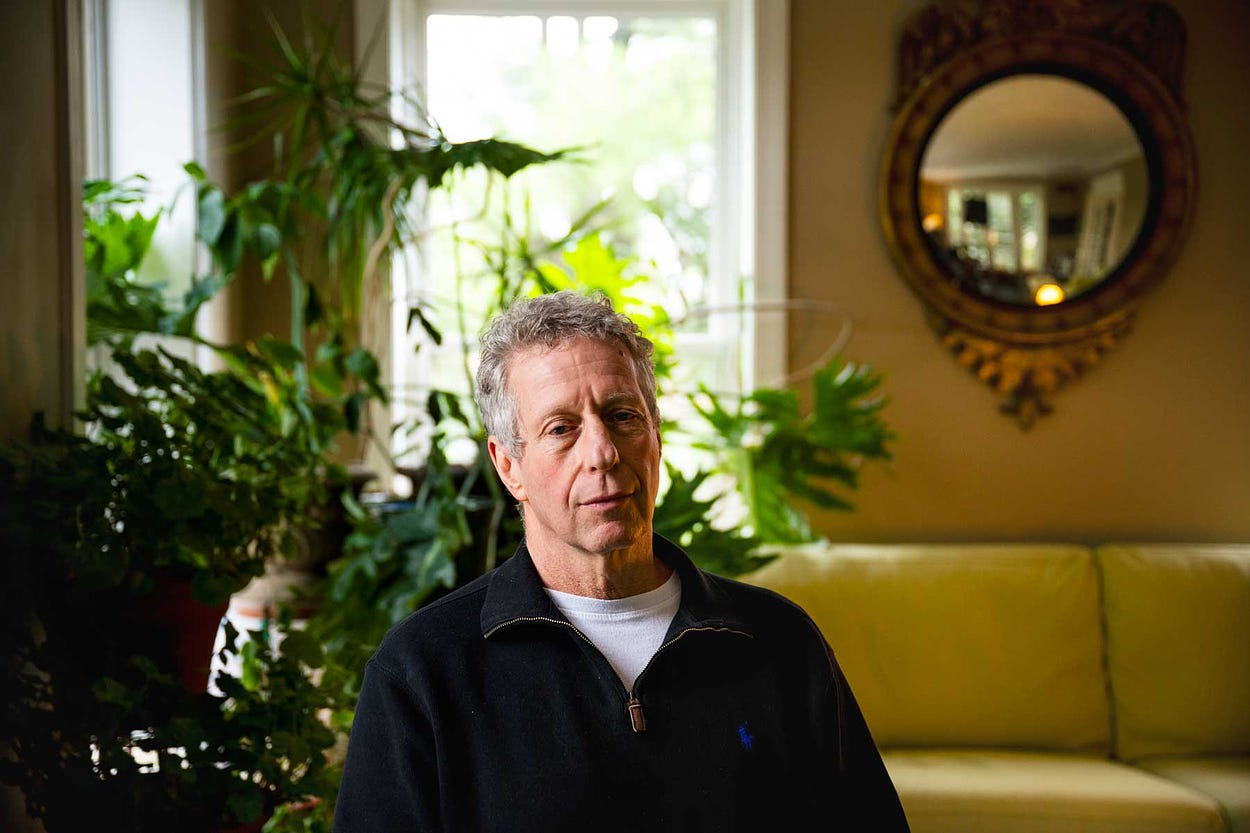

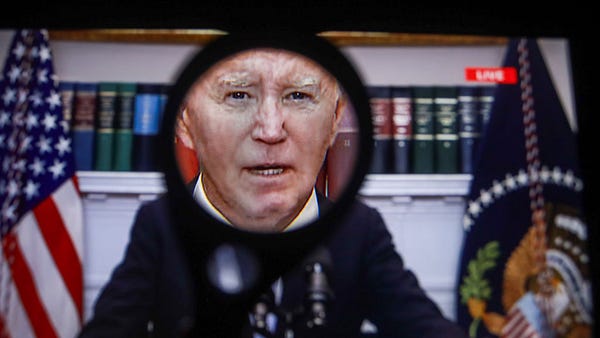

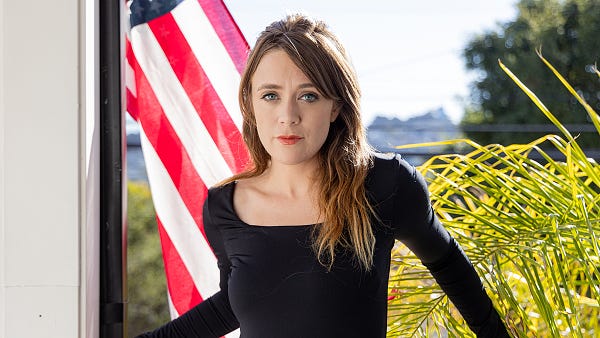

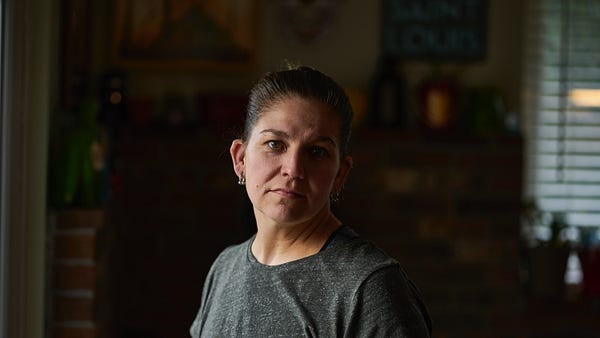

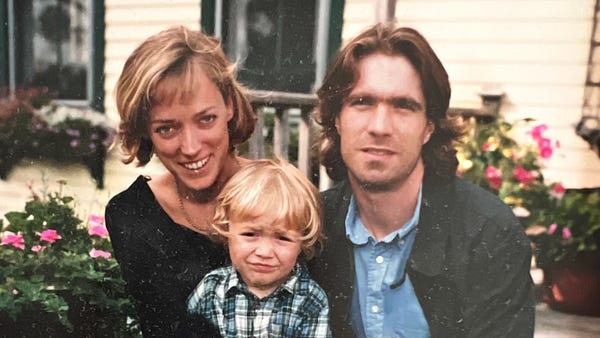

I am so sorry for what you went through and hope for your success as a advocate for justice. I think what I got from your essay is to carefully pay attention to the evidence, protect against coercion on the part of the police and justice system and finally be aware of the male/ female dynamics which play out within the justice system. Thanks
The case against you, Amanda Knox, was entirely without merit but was based on getting a quick ending to a gruesome killing. Your actions immediately after the killing drew suspicion, and you became a suspect. Remembering you in a picture with your then boyfriend you were acting inappropriate, or at least, childish. The fact is, they had no right to question a foreign national without at least notifying the American Embassy and getting you a lawyer.
The remark at the time was that you were the most hated woman in Italy, at the time. That was a bias that came from shoddy police work, and their interactions with the press, which further demonized you.
Ghislaine Maxwell would have done anything to please her lover, Jeffrey Epstein. She adored and idolized him and would do whatever she could to make him happy, even if it meant letting him have pleasure with other women. She was a fool for love, but that does not absolve her of any guilt. She did what she did. But there is more.
Epstein's girls were not the usual innocent schoolgirls. Sure, they were nervous, and sure, there was pressure, but they were picked because they would still offer up what he wanted, and they came back for more. None were tricked into doing anything and they were all paid. What is disturbing is their lack of parental supervision. When I was young, their age, I saw plenty of sexually aggressive girls. These girls were not unique, and it is hard to consider them victims. Each one thought her name was Lolita.